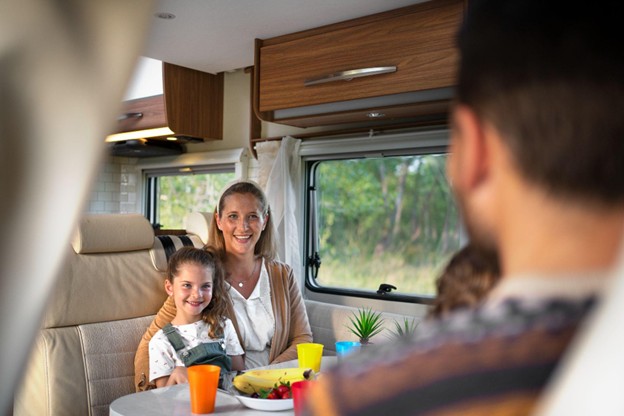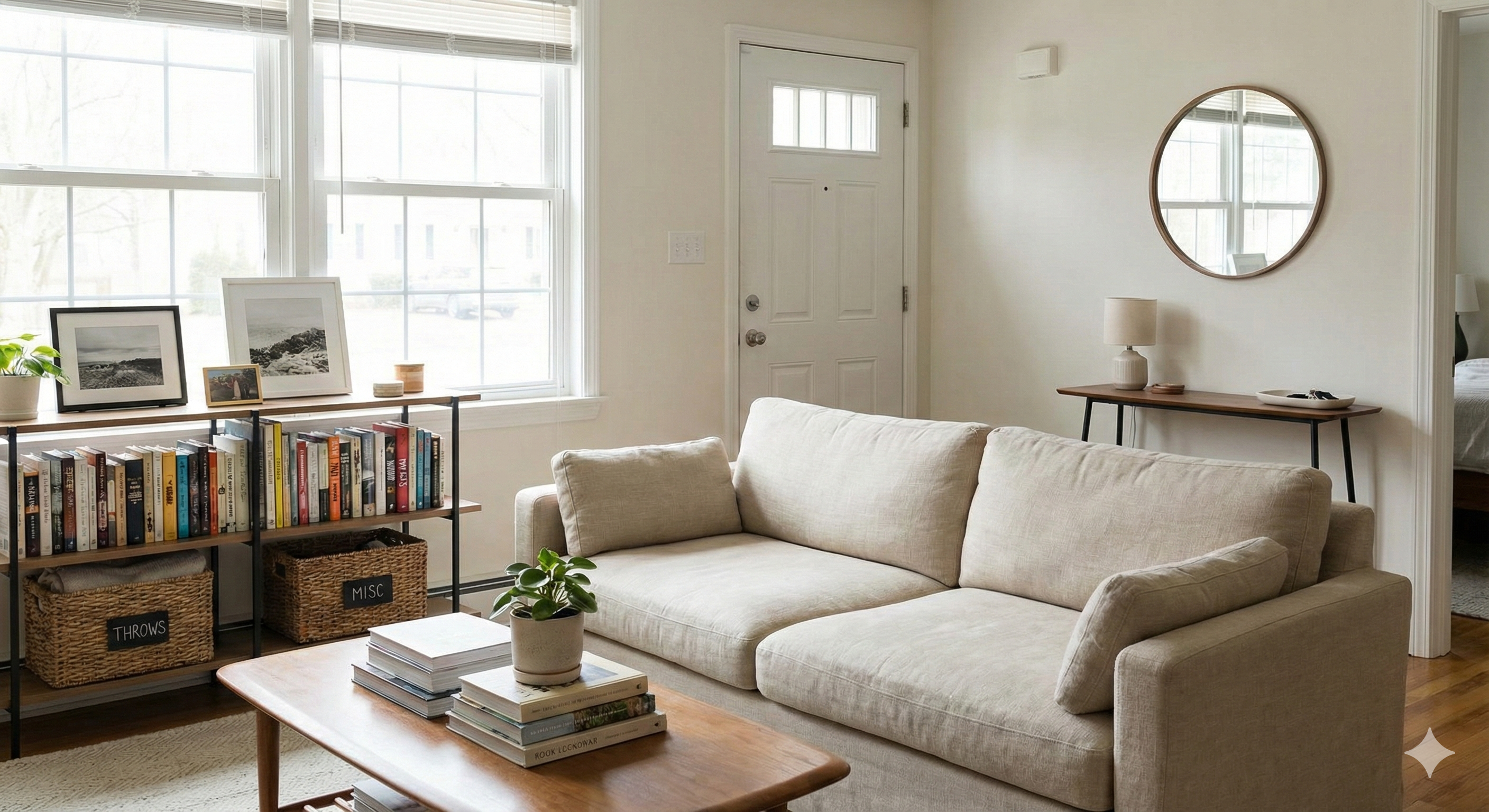Rv

RV travel promises freedom: the open road, spontaneous stops, and long stretches of family time. But without the right prep, it can slide into logistical chaos, boredom-fueled meltdowns, and sleep-deprived parents questioning their life choices. Still — it doesn’t have to be that way. With a few strategy tweaks and a mindset shift, you can make RV life smoother, calmer, and surprisingly fun for everyone onboard.
Turn Drive Days Into Mini-Adventures
Don't treat drive days like something to get through. Treat them like a part of the experience. That means no 8-hour marathons unless you enjoy mutiny. Plan for stops every couple of hours, even if it’s just for a quick run-around at a random rest area. Keep a stash of simple car games, surprise snack bags, and audio stories that don’t bore you to death. Rotate “co-pilot” responsibilities so one kid gets to help read the map, choose rest stops, or DJ for an hour. It’s less about distraction, more about involvement — and it works.
Build a Loose Routine at Camp
Kids anchor themselves in patterns. You don’t need a rigid itinerary, but you do need rhythm. Pick a few daily touchstones: morning walk, solo activity time, family dinner, evening story. Write it down, draw pictures, stick it on the fridge. When everything else is new — different beds, new places, strange noises — these little repetitions become calming. They also reduce the constant stream of “What are we doing next?” that can fry your patience faster than anything else.
Keep Important Documents Digitized and Accessible
This one’s not glamorous, but it will save you in a crunch. Before you leave, take ten minutes and digitize everything: medical records, insurance cards, campground confirmations, tickets, ID copies. Store them in a folder on your phone or tablet, and back it up to the cloud or a shared family email. PDFs are your best bet — clean, universal, easy to pull up fast. If your files are all over the place, use a free online converter ...
Sharon Redd
September 26th, 2025










